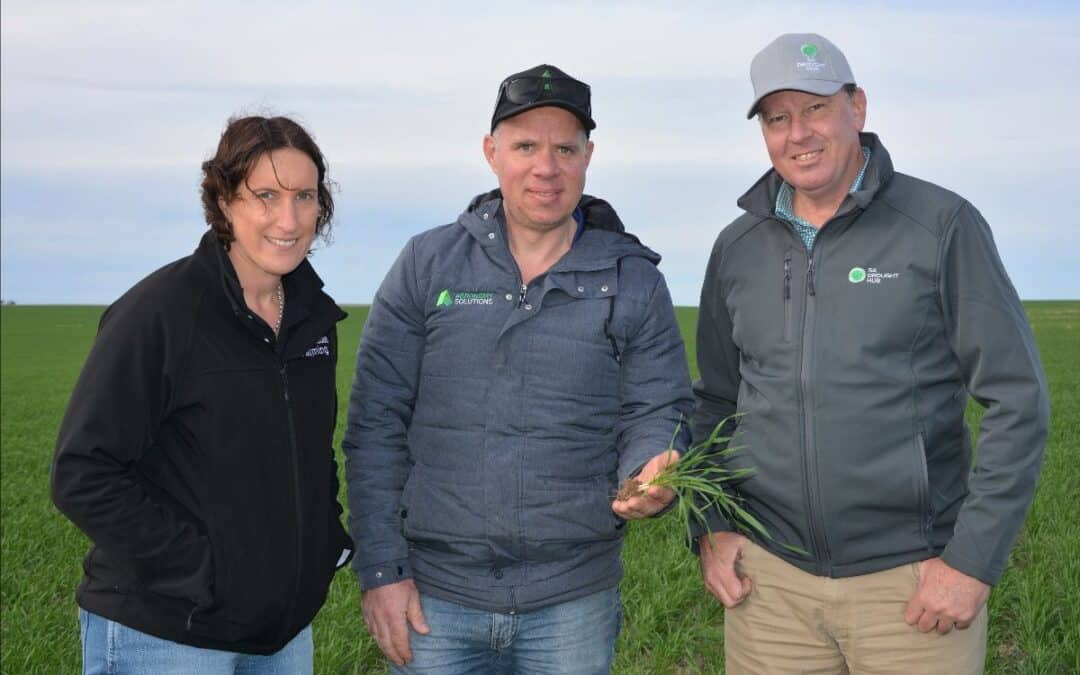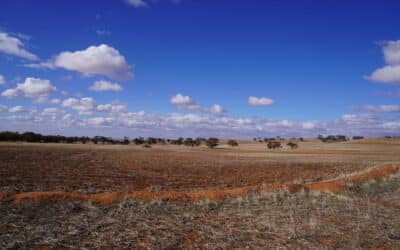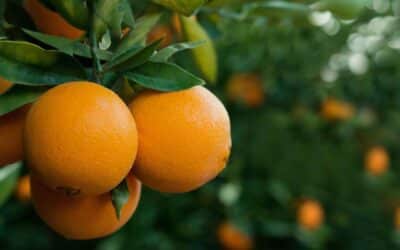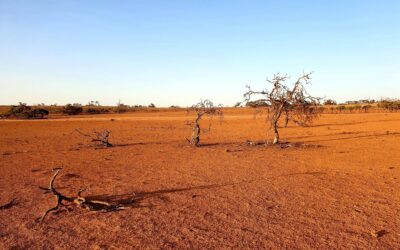Efforts to strengthen South Australia’s drought preparedness and resilience have increased significantly with a large suite of diverse regional projects rolling out across the State.
A total of 14 co-designed projects supported by the South Australian Drought Resilience Adoption and Innovation Hub in collaboration with a range of Hub partners have commenced.
The projects address a range of issues and topics – from the use of satellite imagery in pasture management and innovative remote sensing systems for on-farm water security, through to improving crop establishment in dry conditions and enhanced outcomes from containment feeding of sheep.
Involving 28 field demonstration sites and 42 learning events, the projects align with regional priorities for increased drought resilience, identified through the SA Drought Hub’s regional consultation workshops held across the State in 2021 and follow-up discussions with many stakeholders.
SA Drought Hub Director Dr Stephen Lee says the projects involve 34 partners, including farming systems groups, Landscape Boards and other organisations.
“It is heartening to see so many organisations actively working on these projects which have been informed through a comprehensive issues and opportunities identification process throughout SA,” he says.
“Outcomes from these projects – and the many more that are in development as part of an ongoing process – will support our farms and regional communities through the extension of knowledge and impactful practice change.”
Led by the University of Adelaide in partnership with the Department of Primary Industries and Regions South Australia (PIRSA), the SA Drought Hub is one of eight Hubs established across the nation in 2021 through the Australian Government’s Future Drought Fund (FDF). It comprises a dynamic network of 59 partners.
Totalling almost $700,000 in funding and with more than $1 million of in-kind support, the 14 projects now underway are:
- Minnipa Node:
- Retaining soil water in farming systems using strip/disc machinery – led by Agricultural Innovation & Research Eyre Peninsula (AIR EP)
- Best practice for early sowing opportunities – led by AIR EP
- Port Augusta Node:
- Remote water management in the arid lands – led by SA Arid Lands Landscape Board
- Building pastoral sustainability – property management planning – led by SA Arid Lands Landscape Board
- Orroroo Node:
- Utilising satellite imagery in the growing season to inform adaptive management – led by Upper North Farming Systems (UNFS)
- Ground truthing satellite imagery for use in pasture management and assessing its role in adaptive management of grazing systems in the Upper North of SA – led by UNFS
- Intercropping in break crops in the Upper North: in-crop decision making and the impacts on profitability and soil function – led by UNFS
- Roseworthy Node:
- Containment feeding and the effect of ewe health over lambing – led by Barossa Improved Grazing Group (BIGG)
- Improving on-farm water security using innovative remote sensing systems – led by BIGG
- Mixed species pastures demonstration sites – led by BIGG
- Understanding weather forecasts (short and long term) and climate change predictions – led by Hart Field-Site Group
- Loxton Node:
- Demonstrating soil zone mapping for variable rate nutrition management – led by Mallee Sustainable Farming
- Improving canola establishment in dry conditions – led by Murray Plains Farmers
- Struan Node:
- Tools for pasture forecasting – led by MacKillop Farm Management Group.
Dr Lee says the SA Hub and its partners are also involved in three FDF cross-hub projects: image-based sensing for improved irrigation scheduling of horticultural crops (SA-led); drought resilience practices in mixed farming systems; managing rangelands for drought resilience. The three projects have FDF funding totalling $790,000.
“In addition, the Hub is supporting two interns through our partners Hart Field-Site Group and the South Australian Research and Development Institute (SARDI) which is the research division of PIRSA. The interns will assist drought resilience building initiatives.”




